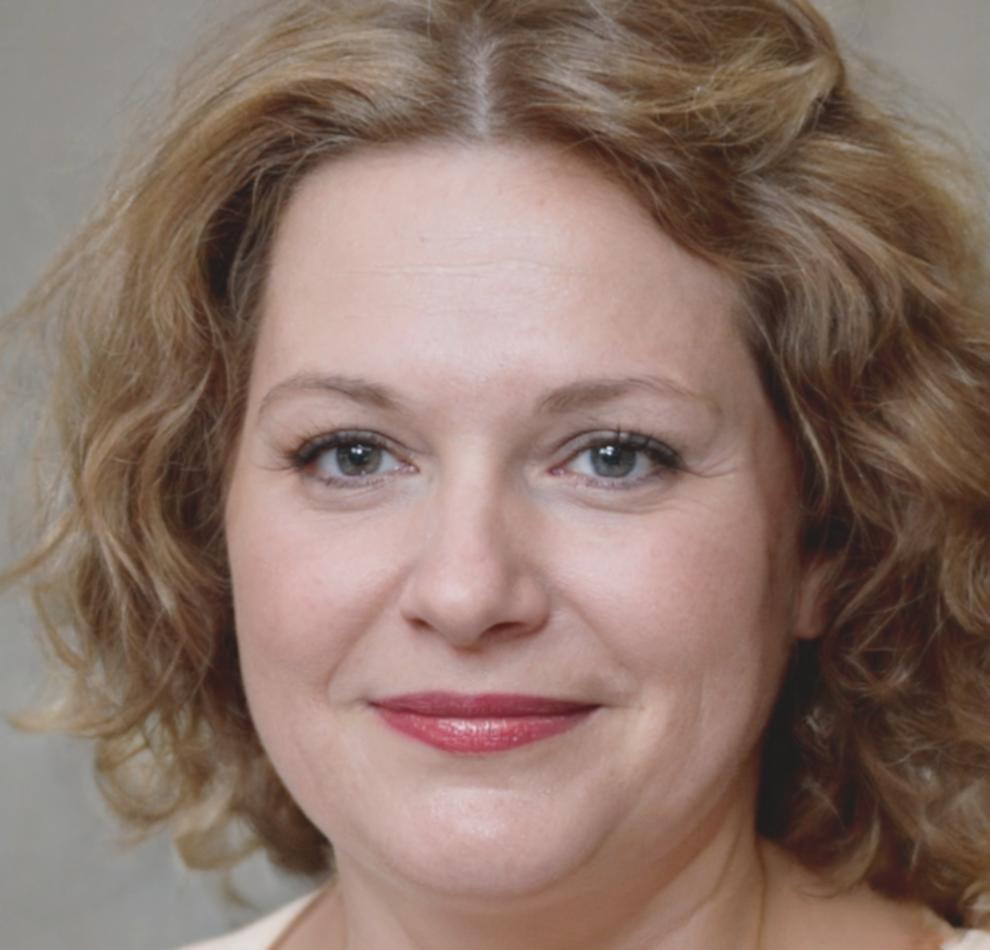Annual Budgeting Questions Answered
Get clear, practical answers to your most pressing budgeting questions from our experienced financial planning team

Expert Guidance Available
Our lead budgeting advisor Margot Kellaway brings fifteen years of helping Australian families and businesses create realistic annual budgets. She's seen every type of financial challenge and knows exactly which strategies work in practice.
Most people ask similar questions when starting their annual budget. We've organized the most common ones here with detailed explanations that actually help you move forward.
Quick Answers by Category
Getting Started
- Begin with last year's actual spending, not what you think you spent
- Track three months of current expenses before planning next year
- Include quarterly and annual bills that people often forget
- Build in 5-10% buffer for unexpected expenses
- Start the process in October for best results
Common Mistakes
- Underestimating irregular expenses like car registration
- Setting unrealistic cuts to discretionary spending
- Forgetting to account for inflation on fixed costs
- Not reviewing and adjusting quarterly
- Making it too complicated to maintain
Income Planning
- Use conservative estimates for variable income
- Plan for tax implications of salary increases
- Consider seasonal fluctuations in earnings
- Factor in superannuation changes
- Account for potential overtime or bonus variations
Emergency Planning
- Build emergency fund gradually over 12-18 months
- Keep emergency money separate from daily accounts
- Plan for both income loss and unexpected expenses
- Review insurance coverage annually
- Create backup plans for major expense categories
Detailed Budget Planning Guidance
How do I handle irregular income when budgeting annually?
Start by calculating your lowest monthly income from the past two years. Use this as your base budget amount. When higher-income months occur, allocate the extra to savings, debt reduction, or building up reserves for lower months.
Create separate budget categories for essential expenses and discretionary spending. Essential expenses should never exceed your lowest monthly income. This approach prevents the feast-or-famine cycle that destroys many budgets.
What percentage should go to different budget categories?
Rather than rigid percentages, focus on your actual situation. Start with fixed expenses like rent, utilities, and loan payments. Then allocate for necessities like food and transport. What remains can go to savings and discretionary spending.
Australian households typically spend 25-35% on housing, 15-20% on transport, and 12-15% on food. But your priorities matter more than averages. Some prefer lower housing costs to have more for travel or hobbies.
How often should I review and adjust my annual budget?
Monthly tracking with quarterly reviews works best. Monthly tracking keeps you aware of spending patterns, while quarterly reviews let you make necessary adjustments without constantly tweaking the plan.
Major life changes require immediate budget revision. Things like job changes, moving house, or new family members completely alter your financial picture. Don't try to force old budget categories to work in new situations.
Should I budget for inflation and cost increases?
Absolutely. Australia's inflation affects everything from groceries to insurance premiums. Add 3-5% to most expense categories when planning for next year. Utilities and fuel can fluctuate more dramatically.
Some costs increase predictably. Health insurance typically rises in April. Council rates and insurance premiums have annual increases. Factor these known increases into your budget rather than being surprised by them.
Real Budget Success Stories
Every successful budget starts with honest assessment and realistic planning. We work with families who've tried multiple budgeting approaches before finding one that actually works for their lifestyle.
The key isn't perfection – it's finding a system you can maintain consistently. Our clients develop budgets that accommodate their real spending patterns while still achieving their financial goals.
Ready to create a budget that actually works for your situation? Our team can help you develop a practical annual budget based on your specific income, expenses, and financial objectives.
Get Personalized Budget Help
